Memphis basketball gets slap on the wrist in IARP case
Memphis has been put on probation for three years and will have to pay a $5,000 fine. The Tigers will also have to vacate the three wins earned with James Wiseman on the floor back in November of 2019.
Beyond that, though, not much came from the Independent Accountability Resolution Process (IARP) and its 34-month investigation into the men’s basketball program regarding Wiseman’s recruitment.
Released Tuesday morning, the IARP report concluded that this case involves Level II and III violations of NCAA legislation, a change from the seven total violations (four Level I) the university received in the original notice of allegations. Penny Hardaway, who previously earned one Level I and two Level II violations, was not punished, nor did the school receive a postseason ban.
The following penalties have been handed down to the Memphis basketball program:
- Core Penalties:
- A $5,000 fine, plus 0.25% of its average men’s basketball budget based on the average of the men’s basketball program’s previous three total budgets.
- Three years of probation, from September 27, 2022, to September 26, 2025. During this period probation, Memphis will:
- Require at least one counsel from the university’s Office of Legal Counsel to attend two NCAA Regional Rules Seminars.
- Inform all men’s basketball prospective student-athletes in writing that the university is on probation for three years.
- Publicize information concerning the nature of the infractions and a direct link to the public infractions report.
- File a final compliance report with the NCAA Office of Committees on Infractions by September 30, 2025, confirming Regional Rules Seminars attendance and how the information was distributed to other members of the Office of Legal Counsel who engage with athletics.
- Prior to the conclusion of probation, Memphis’ president will provide a letter to the NCAA Division I Committee on Infractions affirming the university’s current athletics policies and practices conform to all NCAA requirements.
- Additional Penalties:
- Public reprimand and censure.
- Vacation of all wins, records and participation based on student-athlete No. 1’s participation in the November 5, 2019, contest or in any NCAA postseason competition at any time he was ineligible.
- Vacated records will be reflected in Memphis’ men’s basketball program and its head coach, and in all publications in which records are reported.
- Public reference to the vacated records will be removed from athletics materials and displays.
- A Memphis representative must contact NCAA media coordination and statistics and appropriate conference officials to identify the specific student-athletes and contests impacted by the penalties and provide a written report detailing those discussions.
- The individual records of ineligible student-athlete No. 1 will be vacated.
- Any institution that may subsequently hire the affected head coach will reflect the vacated wins in the head coach’s career records.
Hardaway’s involvement in Wiseman’s recruitment and short stint at Memphis was the root of the investigation, as the head coach helped pay for the former five-star recruit’s moving expenses from Nashville to Memphis for the conclusion of his high school career. Considered a booster due to his status as a former Memphis basketball player, the payment triggered a violation when Hardaway became head coach of the Tigers and recruited Wiseman to his school.
The IARP ruled that Hardaway’s “long-standing philanthropic commitment, particularly to youth in the economically disadvantaged Memphis community, even prior to becoming an athletics booster” factored into its decision. It was ultimately deemed that the $11,500 Wiseman’s family received to help with moving expenses was not a recruiting inducement.
“The case decision references numerous gifts and financial assistance provided by the head coach to many members of the Memphis community from the time he entered the NBA until he became Memphis’ head coach, including assistance provided either directly or to the families of three former prospective student-athletes who enrolled at Memphis and participated in men’s basketball,” the report read. “Based on the case record and information developed at the hearing, the hearing panel found that the benefits provided by the head coach to the three prospective student-athletes were not recruiting inducements.”
The NCAA originally suspended Wiseman for 12 games and ruled that he must pay back the $11,500 to a charity of his choice.
Instead, the former five-star recruit opted to play three games to open the 2019-20 season before sitting out the next seven due to the suspension. On Dec. 19, 2019, though, Wiseman announced he would leave Memphis and begin preparing for the 2020 NBA Draft, ending his college career. He was ultimately selected No. 2 overall in the draft by the Golden State Warriors.
With appeals off the table in IARP case decisions, Memphis’ penalties are final and involved parties can move on.
Elsewhere, Arizona, Kansas, LSU and Louisville are still waiting for their official punishments in their respective IARP cases.
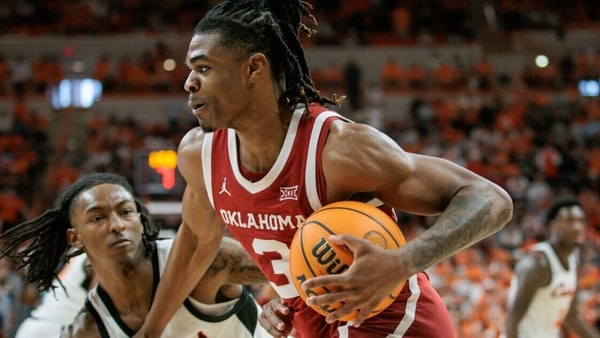
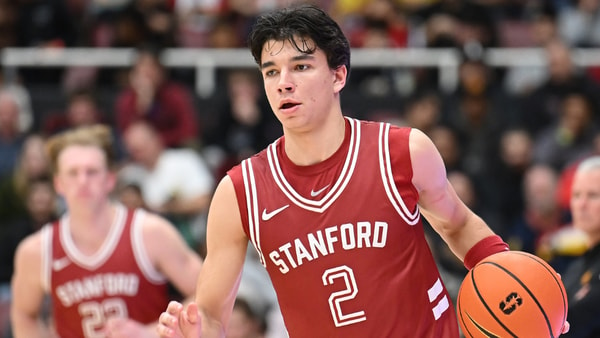
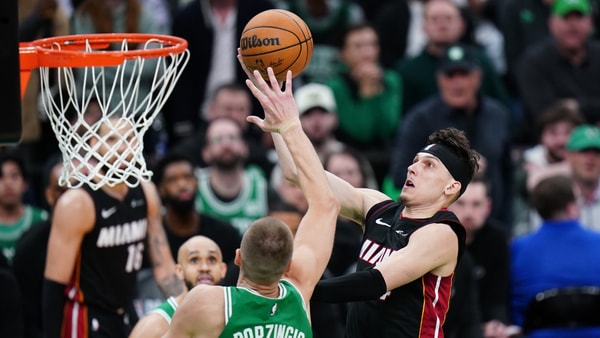
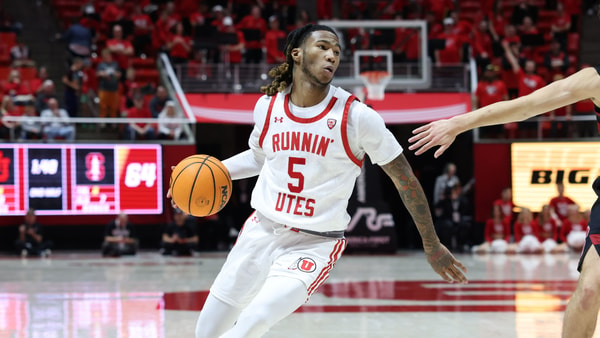
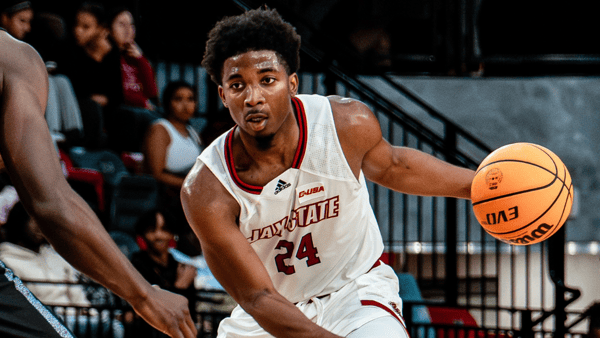
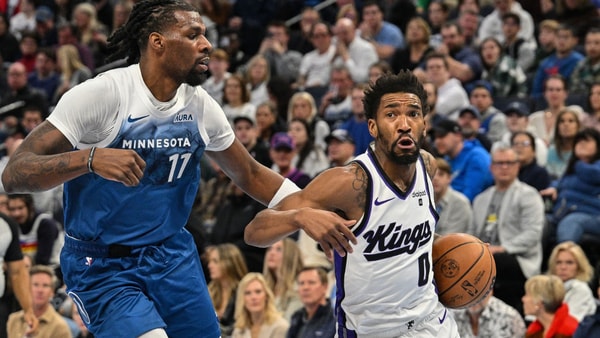
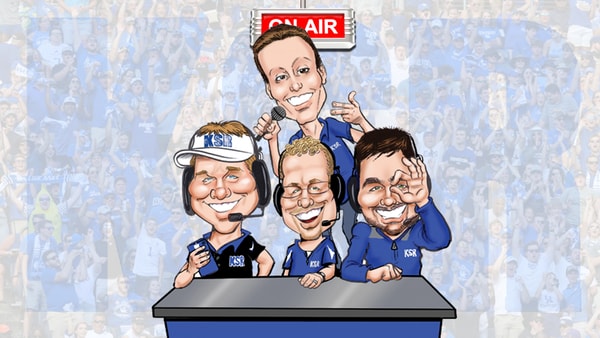
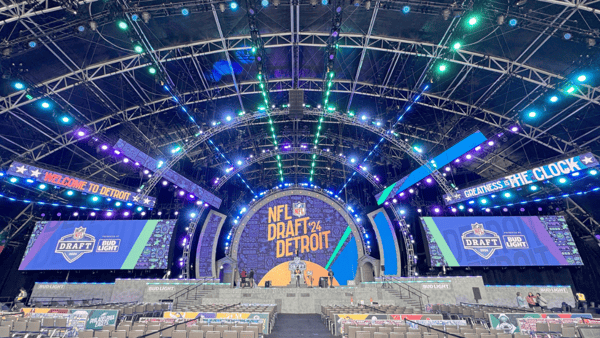
Discuss This Article
Comments have moved.
Join the conversation and talk about this article and all things Kentucky Sports in the new KSR Message Board.
KSBoard